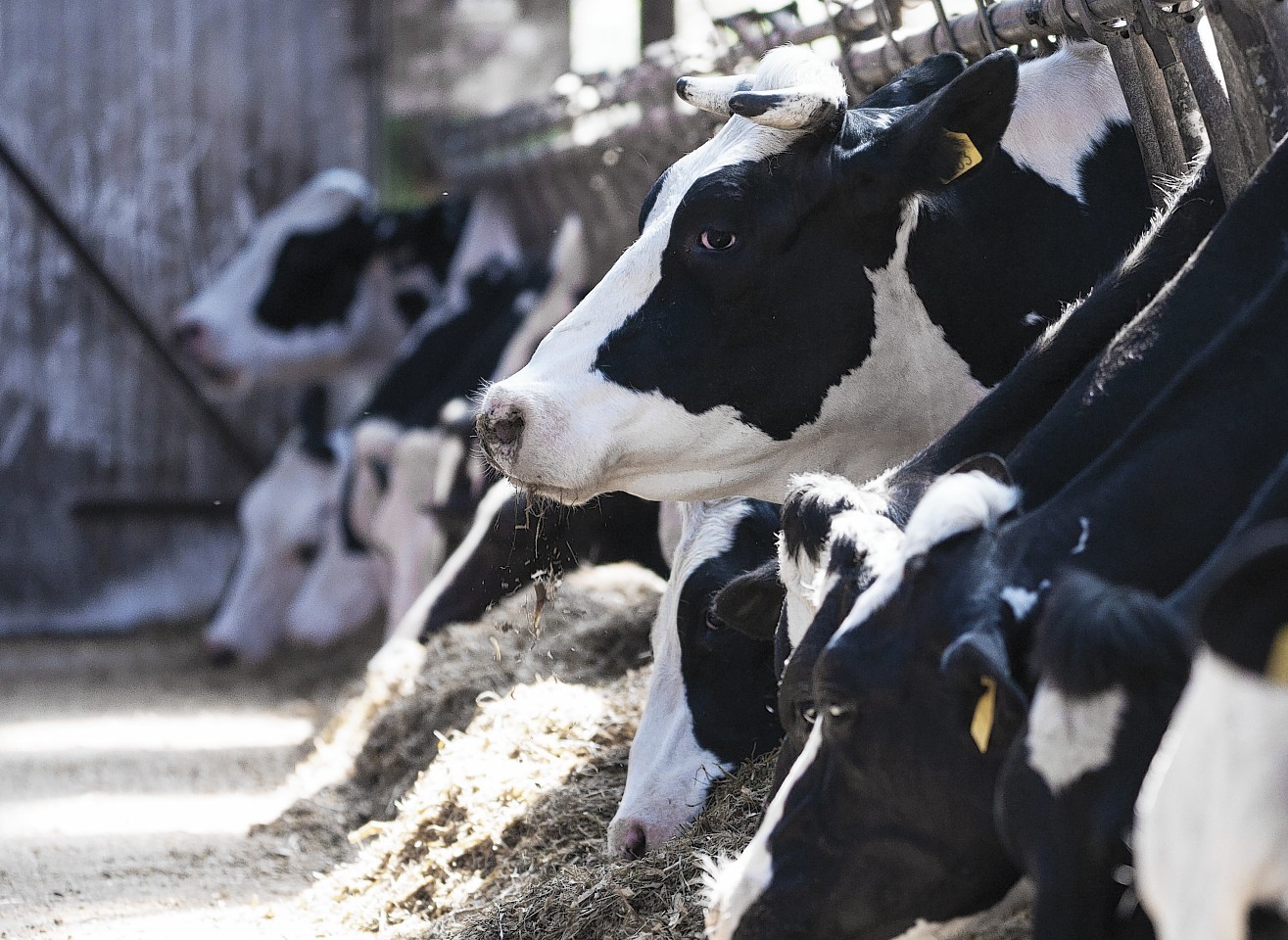Support payments agreed in August by EU Farm Ministers are now being delivered to UK dairy farmers. The Rural Payments Agency in Reading, which is to handle all UK distribution has started disbursing funds.
Rural Affairs Secretary Richard Lochhead said: “Even though we had no say over our share of this EU aid money, these initial payments will no doubt come as welcome relief to Scottish dairy producers who continue to face tough trading conditions and low farm gate prices.
“I recognise and am sensitive to the cash flow issues facing Scottish agriculture as a whole, and the Scottish Government continues to work flat out to be able to start making Common Agricultural Policy (CAP) basic payments by the end of this year. I am meeting industry representatives on Tuesday when I will update them on the latest situation.”
NFU Scotland Milk Committee chairman, Graeme Kilpatrick said: “The European dairy aid package, celebrated by those in Brussels as a meaningful way to support those farmers facing severe cash flow difficulties, falls short on two counts.
“The amount of money being provided to dairy farmers, while a welcome boost to cash flows at this difficult time, is a fraction of the considerable losses being faced by those whose market exposure is putting severe strains on their business. Secondly, the way the payment is being distributed in Scotland fails to recognise those most in need.
“The NFUS Milk Committee took the view that the money should have been targeted at those dairy farmers most exposed to the low prices in the market – something that others in Scotland were willing to support.
“The decision was taken by the Scottish Government that the distribution of this money should be administered by the UK Rural Payments Agency and was ultimately led by the UK Government’s preference that, for ease of administration, the money would be shared equally amongst all dairy farm businesses based on historic production.
“The choice from within the Scottish Government not to administer payments themselves was their own, but largely driven by the need to focus resources on resolving the ongoing problems delivering the Basic Payment Scheme.”
